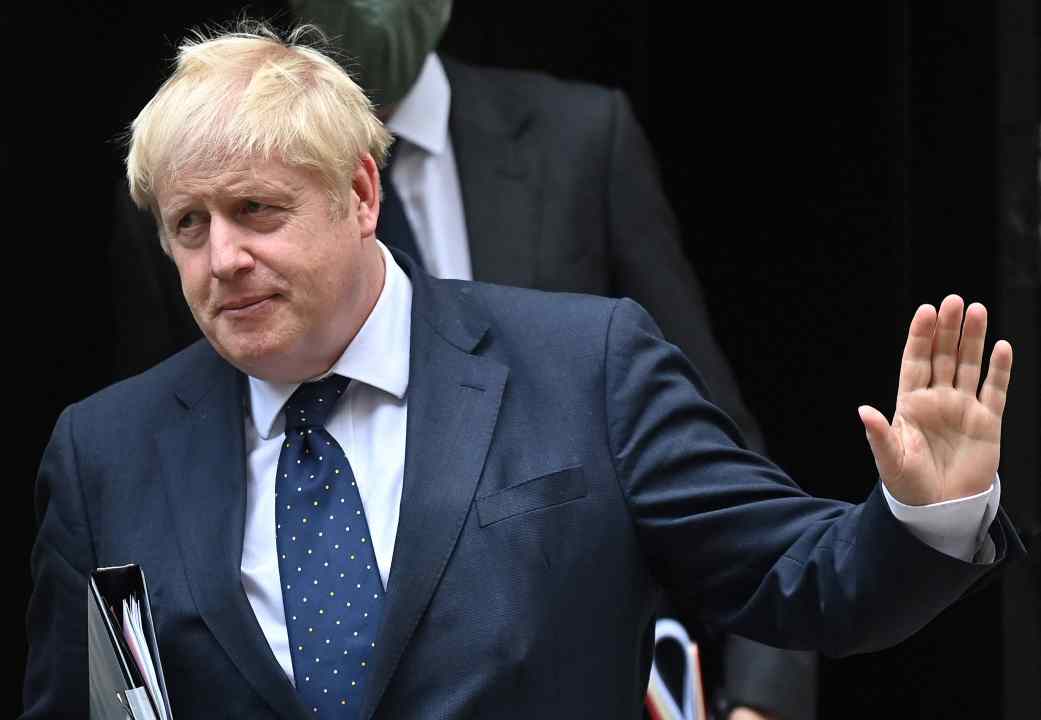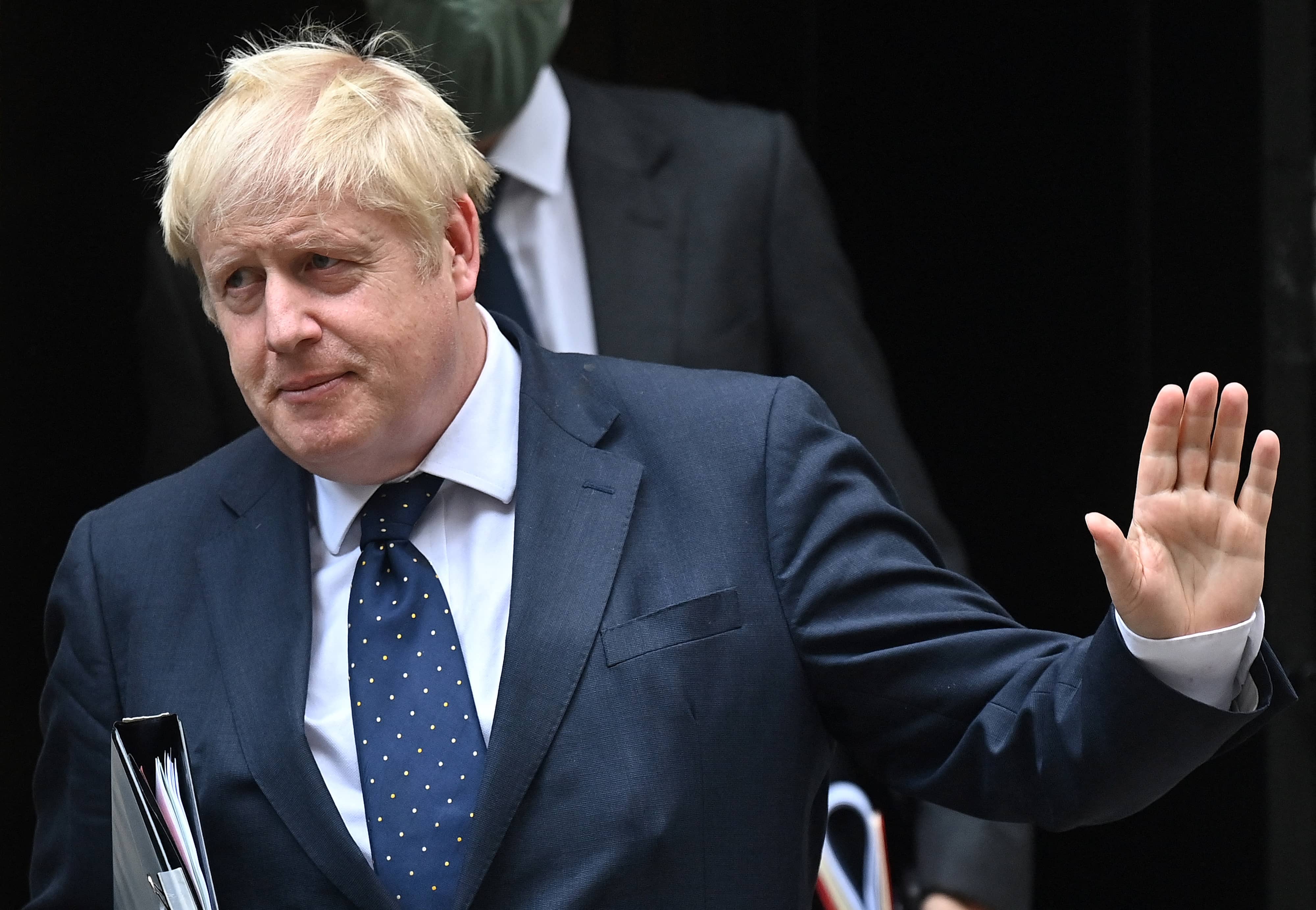Boris Johnson took a strangely upbeat tone when he updated MPs on Afghanistan this afternoon. He argued that British planning for the US withdrawal had been months in the making and that the evacuation effort had exceeded expectations with twice the number of people getting out than had been expected.
He even made some big promises, saying repeatedly that every MP who had contacted the Foreign Office about Afghans who still need assistance would receive a response ‘by close of play today’, and adding that councils taking in refugees would get the funding they needed. Johnson was even rather combative with Defence Select Committee chair Tobias Ellwood, scolding him for not appearing to acknowledge that the British military activity in the country had ended in 2014.
He had a reasonably easy scrap with Sir Keir Starmer, who largely repeated the arguments he made during the debate when Parliament was recalled in August. The Labour leader said Johnson had been ‘incapable of international leadership’. The Prime Minister accused him in turn of not attending all of his statements of Afghanistan and only showing interest in the matter at the last minute. But the session did become more awkward for the Prime Minister, not least because backbench MPs started producing individual examples of people who were now suffering seriously as a result of being left behind in the country. Chris Bryant, for instance, spoke of one person he was trying to help who had been shot and another who had been raped.
Others wanted the Prime Minister to commit to some kind of reflective exercise on the 20 year involvement in Afghanistan. These weren’t just the usual suspects such as Jeremy Corbyn (who did call for such a thing), but senior Tory backbenchers like Bernard Jenkin who wanted a ‘cold, hard, strategic look’ at how things had gone. There was little enthusiasm for this from the Prime Minister, who said there had already been a review after British troops withdrew in 2014, and pointed MPs to the recent Integrated Review of Security, Defence, Development and Foreign Policy as another piece of evidence that the thinking had already been done on these questions.
The overall tone gave the impression that the government had been on top of matters all along and that the military involvement in Afghanistan had been a success. To be fair, it’s not clear that a public inquiry would really lead to any great changes in the way Whitehall works or indeed the way politicians make decisions about interventions, post-conflict planning and withdrawals: the Chilcot Inquiry scarcely seems to have had that effect. But Johnson clearly thinks that he can move on from the anguish of the past few weeks, even if that’s partly because MPs are already getting worked up about something else.








Comments